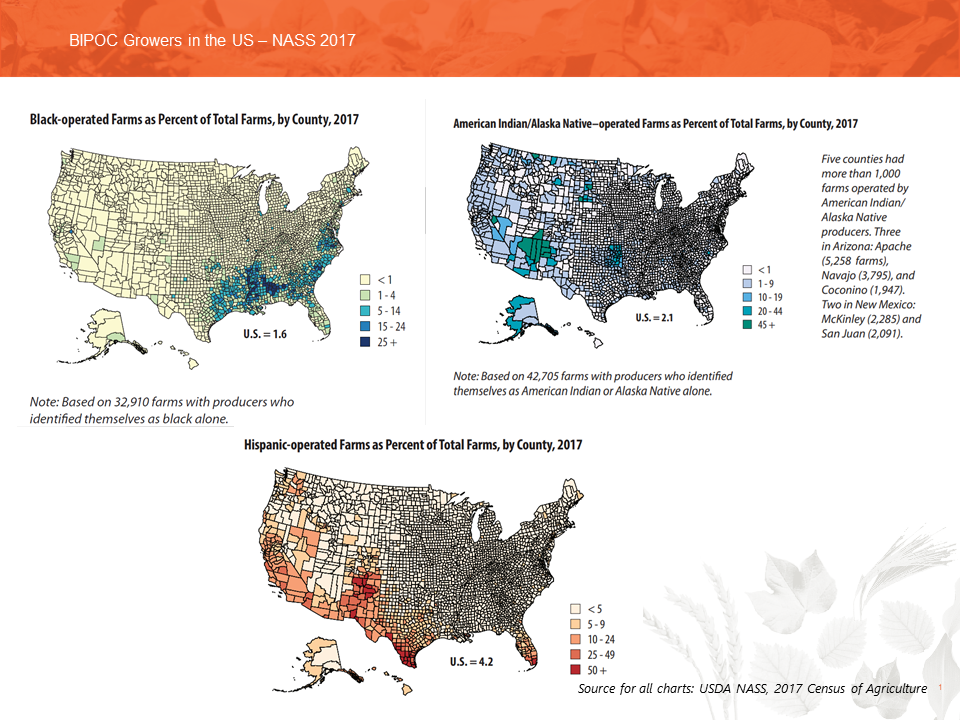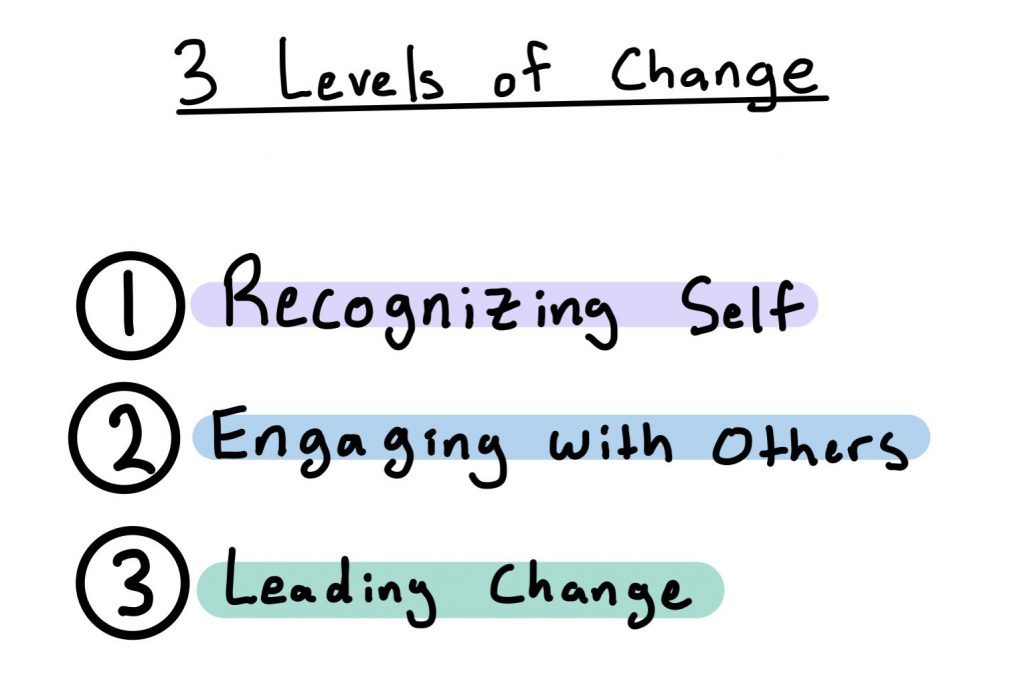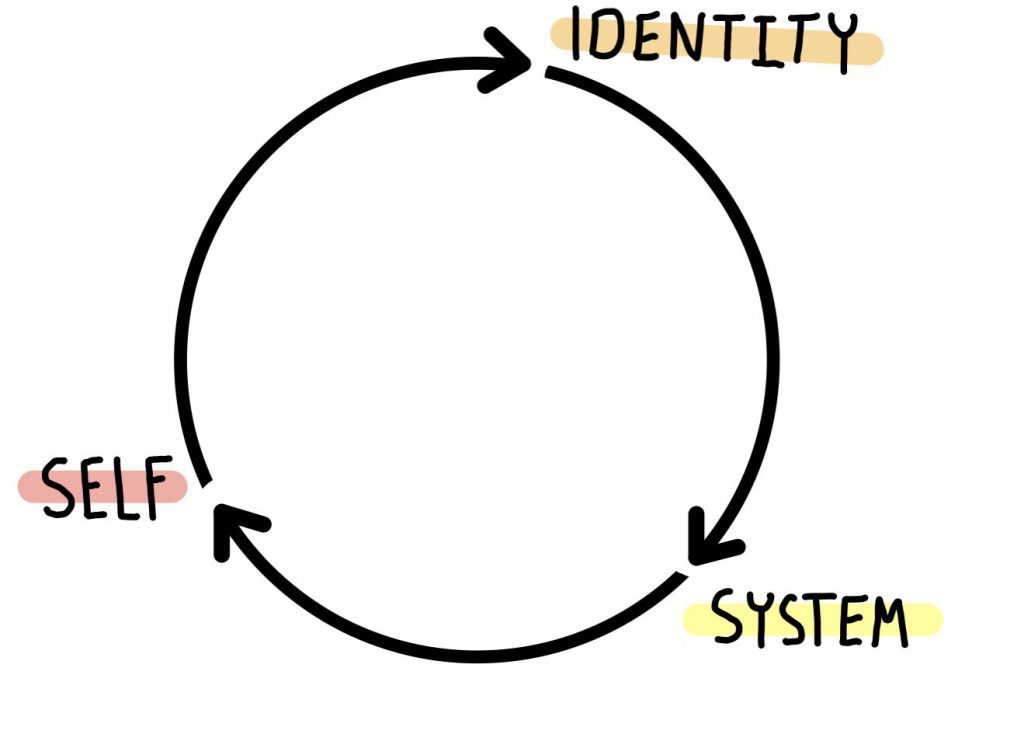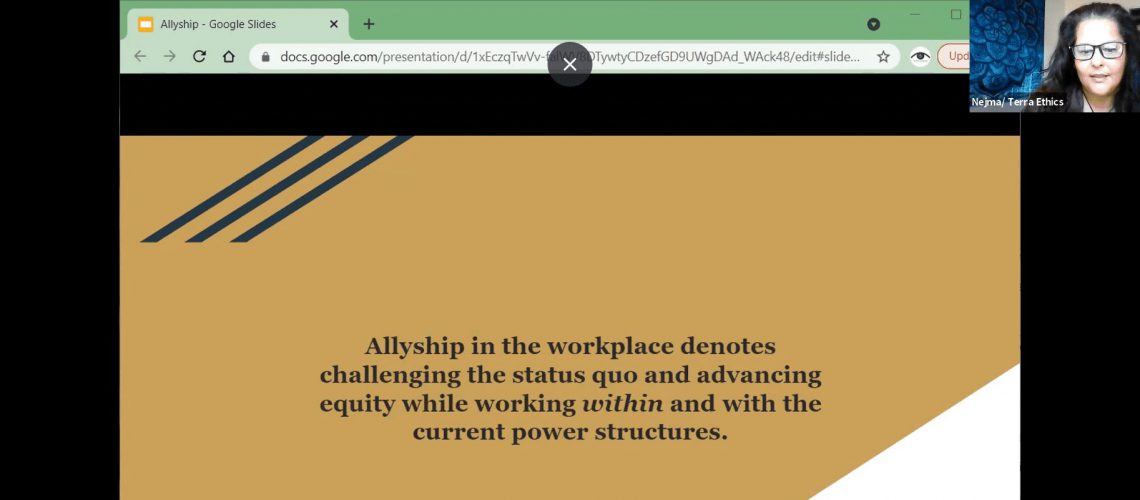From September through the end of October we ran our Equity in Practice in Regenerative Agriculture Collabathon in partnership with Open Rivers Consulting Associates and Terra Ethics. Over the course of five weeks, the participants worked to build new skills and create the outline of a toolkit for viewing their work through an equity lens. Much of the discussion focused on how a better understanding of ourselves and others can help bring equity into our daily work, projects, and organizations.
Equity, as contextualized by the OpenTEAM Equity Working Group, is defined as a proportional representation (by race, class, gender, etc.) in opportunities. Equity refers to the fact that different people have varying needs of support and assistance and strives to achieve fairness in treatment and outcomes.
The Collabathon covered a variety of topics needed to guide this equity work in the agriculture space. This included discussing concepts of value, understanding principles of equity, sharing historical context, learning various leadership tools, and developing ways to drive change.
Foundational Concepts
The co-leaders from Open Rivers and Terra Ethics began the Collabathon by defining and discussing foundational topics that would guide participants throughout the sessions. These concepts centered on recognizing inherent and equal value. This opposes a value-gauging perspective where value arises from social constructs, such as status and wealth, and must be acquired. Racism is based on this value-gauging of individuals.
This session also defined equity in practice as everyday engagement to ensure equity is upheld in our system, recognizing that any project or initiative must have equitable foundations and begin with an equitable perspective to avoid using the label of “equity” only to satisfy societal expectations. Participants further discussed allyship, defining it as an active and consistent practice of using power and privilege to achieve equity, collaboration, and justice while holding ourselves accountable. The conceptualization of power and privilege was explored through a discussion of positionality, which requires people to identify their own degree of privilege. The goal is to uncover hidden bias and understand behaviors that cause harm. It was important to spend time defining, discussing, and understanding these key concepts to work towards a larger understanding of how to then put these principles into practice.

Providing Historical Context
Co-leaders also shared various resources such as Regenerative Agriculture Needs a Reckoning and a video on the History of Racism in U.S. Agriculture by Dr. Marcus Bernard, originally aired during “Field to Market’s Cross-Sector Dialogue on Racial Justice,” to provide context for why this Collabathon was happening in the first place. This article and video, among many other resources that were provided, tell the bigger picture of issues of racism in agriculture in the United States and the foundations that still hinder progress.

Leadership Tools
The group then learned about and practiced applying a variety of tools to become better leaders. By being a stronger leader, participants can learn how to best lead institutional and organizational change around equity. These tools focused on self-reflection and self-awareness. Understanding your own values, asking the right questions, and connecting with others in a meaningful and productive way are the underpinnings to this work.
For example, the influence model is used as a tool for approaching change and includes conditions for changing mindsets. First, role modeling emphasizes demonstrating the behavior we wish to see. Understanding and commitment then addresses that we must have and share knowledge of the proposed change to understand the ‘why’. Reinforcing mechanisms offer structures and processes that support the desired change, skills required for that change, and ensures that all parties have access to the expertise needed going forward. The group discussed ways to use these conditions to better engage and understand others in order to drive change. This model is currently being used within OpenTEAM to develop new ways of collaborating amongst each other and supporting Hub and Network farms and ranches, ultimately actualizing the change we want to see organization-wide.
Driving Change
Using leadership tools, the group began to build out a toolkit for bringing equity into their daily work. The emphasis of this toolkit is to recognize yourself, identify your motives and values, and evaluate how you interact with others before trying to change an organization or society as a whole. This structure brings together the leadership tools that participants learned to provide a three-level framework of understanding yourself, engaging with others, and finally leading change. This ties into all aspects of the Collabathon by utilizing foundational concepts and history as context for how these leadership tools can be applied to drive equitable change forward on an individual, organizational, and societal level.


Throughout these five weeks, participants discovered that institutional change starts from within. To recognize your privilege and position in the space you are working in is key to putting equity into practice. Such work takes time, a better approach to change is slowing down rather than rushing to have an output. By prioritizing the need to recognize yourself, engage with others, and ask the right questions instead of jumping straight to trying to lead change, we lessen the risk of perpetuating harm.



No comment yet, add your voice below!